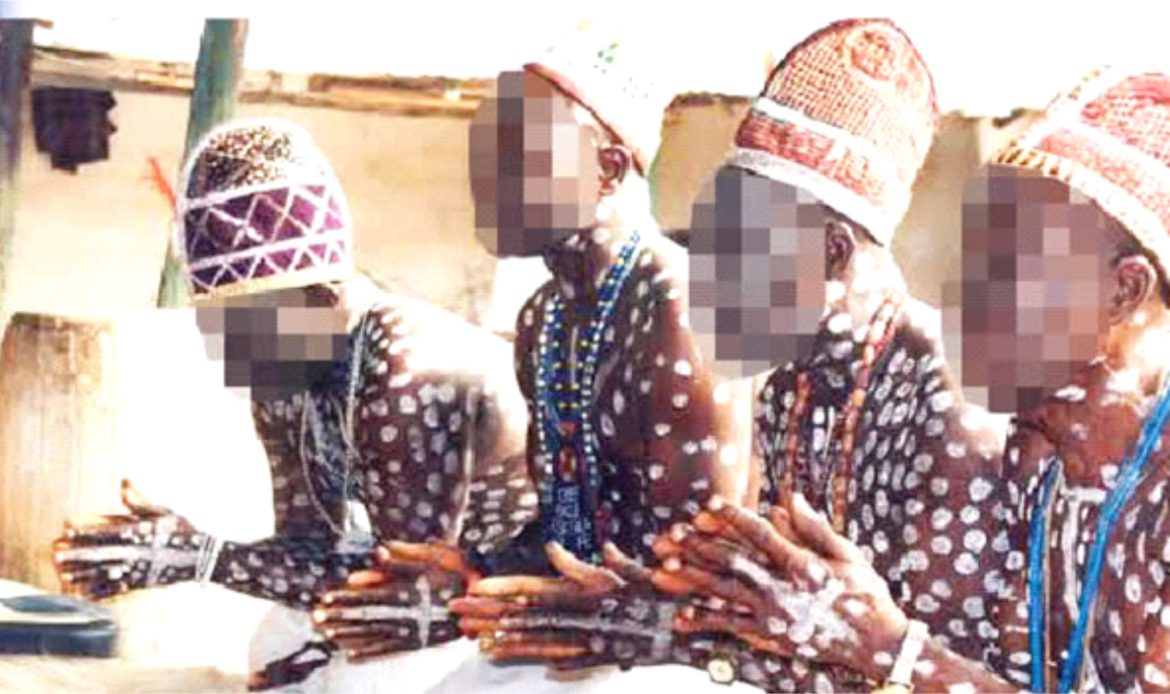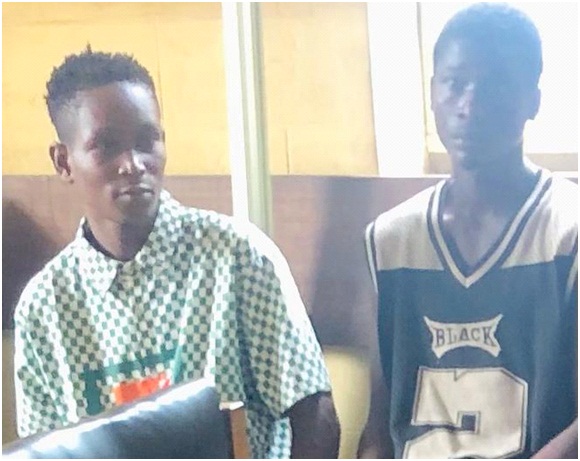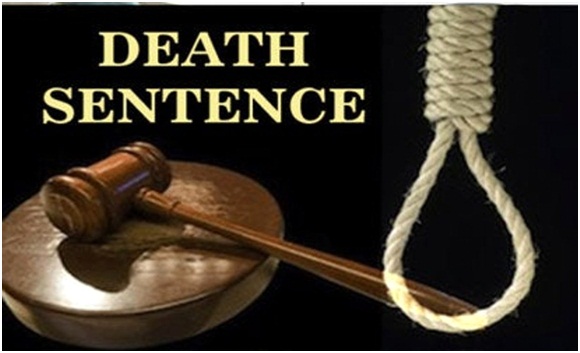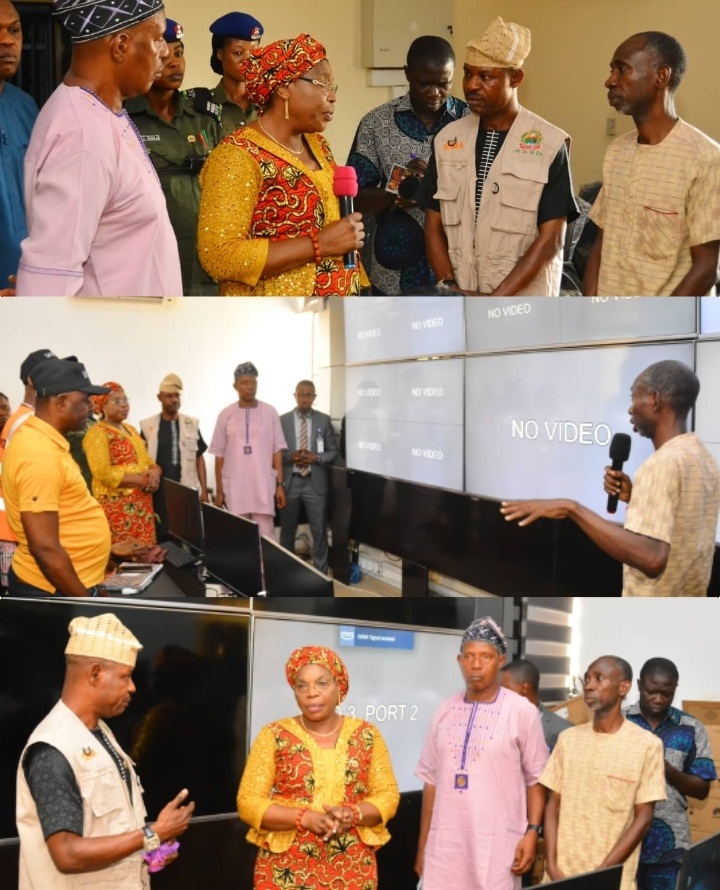Yoruba traditional rites, deities and ‘born again’ Obas
By Babatunde Ayedoju
Traditional rulers, also known as kings, are believed to be the custodians of the people’s customs and traditions. In Yoruba land, where traditional rulers are known as Oba or Kabiyesi, they are described as “Alase, ikeji oosa” (Custodian of authority, second in command to the deities).
The process of becoming a king in Yoruba land and many other parts of Africa, since time immemorial, has been characterised with several rituals, in accordance with the culture of that particular society. Such rituals usually begin with the kingmakers consulting an oracle, known in this clime as Ifa. Ifa determines who is the most suitable candidate to the throne among all those who have shown interest.
Whoever emerges as the king undergoes some preparatory rites in seclusion before he will be presented officially to his people and crowned. In many parts of Yoruba land, the preparatory rites take place in a house dedicated for that purpose known as Ipebi or any other name that the people of that community may choose to call it.
Before the advent of colonial masters, it was enough for the kingmakers to choose a king after consulting the oracle. However, the coming of the white man changed a couple of things. It was no longer sufficient for the kingmakers to consult oracle before choosing a new king; they now had to forward the name of the successful candidate to the colonial authorities for approval. If the colonial authorities did not support a particular candidate, he would not be king, even after getting a pass mark from the kingmakers. Where the will of the kingmakers clashed with that of the colonial masters, the latter would most likely prevail. The colonial government could also dethrone a king who did not cooperate with them.
This culture has been maintained even after independence. Nowadays, after the kingmakers have chosen a king, they have to send his name to the state government for approval. Most of the ills associated with the colonial order, as highlighted above, are applicable to the present order.
Having ascended the throne, as second in command to the gods, the oba plays a crucial role in the worship of various deities in the land and many festivals that may be associated with that community.
At the commencement of the 20th century, a lot of traditional rulers began to emerge to either Christianity or Islam. However, because of the demands of their office, such traditional rulers were known to still participate in the worship of community idols and traditional festivals, while still practising their Christian or Islamic faith.
Recently, there has emerged another trend whereby some traditional rulers do not want to participate in the worship of idols associated with their domains or festivals that they believe are fetish, because of their faith.
About two weeks ago, some youths in Ikun Akoko, Akoko South-West Local Government Area of Ondo State, protested against the Onikun of Ikun-Akoko, Oba Olokunbola Adedoyin, whom they accused of not performing rituals needed to ward off evil from the land. The protesting youths claimed that the failure of Oba Adedoyin, who said he had become born again, to perform rituals had led to the premature deaths of promising sons and daughters of the community.
The traditional ruler, who said he had been trying his best to attract development to the town for the past 19 years of his reign, alleged that the youths threatened to kill him and his son before they attacked his petrol station, where an attendant was hacked and three generators valued at N1.5 million were vandalised. He described himself as a prayer warrior with others who had been praying for the community.
Similarly, the Oluwo of Iwo in Osun State, Oba Abdulrosheed Akanbi, also found himself in a war of words with prominent Osogbo-based Ifa priest, Chief Yemi Elebuibon, when Oba Akanbi insisted that any king who was fetishistic did not represent God and urged traditional rulers who wanted to engage in idolatry to abdicate the throne and become traditionalists.
Oluwo who spoke at the annual Olodumare Day celebration in the ancient town, had said, “God is the real king, and the earthly king who is now fetish is not representing God well. Any king who worships other gods or is a fetishist should abdicate the throne and become an herbalist. There is no deity that is called Kabiyesi.”
In response to that, Chief Elebuibon, who is the Araba Awo of Osogbo, stated that the monarch was wrongly interpreting Yoruba monarchy.
His words, “Odu Ifa established Iwo town, not a Qu’ran. At best, Oluwo can go to Saudi Arabia and be king there and not in Yorubaland. He is misinterpreting Yoruba monarchy.”
Cases like these are not new in Nigeria. It would be recalled that in 2017, when Professor James Ayatse was going to be come Tor Tiv V, paramount ruler of Tiv people, he opted to swear with the Holy Bible, instead of taking an oath before the traditional god of his people, known as Swem. Three years later, Professor Ayatse became head of the Association of Christian Traditional Rulers of Nigeria (AOCTRON).
Likewise, in 2013, the Olu of Warri at that time, Ogiame Atuwatse II, renounced the title of Ogiame which he had adopted during his coronation in the 1980s. Ogiame means “king of all water gods and goddesses.”
The then Olu dropped the title because he felt that it contradicted his newly-adopted Christian faith. The decision sparked protests among his subjects who demanded that he should retain the title or vacate the throne. He, therefore, had to rescind his decision by retaining the title.
Speaking with The Hope, a cleric, Pastor John Kolawole, who is also the Coordinator of Fellowship of Christian Traditional Rulers of Nigeria (FECTRUN), Ondo State, opined that kings in Yoruba land are called Kabiyesi, meaning that nobody dares to question them. Therefore, “If a king decides to relate with God in his own way, devoid of rituals, closing of markets and making life miserable for people, there is no reason for anybody to take the law into his or her own hands. If the gods are not pleased, let the gods fight for themselves.”
According to the cleric, our forefathers found a way to serve God which was through idols, based on the knowledge available to them at that time, but there are better ways of doing things. He added that even adherents of traditional religion now adopt modern ways of doing things, including education, healthcare and other essentials of life, which they believe are better.
While stating that there is difference between tradition, culture and idol worship, he said, “Our culture is the best around here, in terms of dress code, food, mode of greetings, respect for others. We are rich in culture and that is our heritage, far different from idolatry.”
Pastor Kolawole went further to state that most idols in various communities were imported into those communities when they needed help to solve some problems. “So, if a king now has a better way to address such problems, he should not be questioned, so long as he is not violating the Constitution of the Federal Republic of Nigeria. If anybody has grievances, such a person should follow due legal process.Whoever attacks a king desecrates his stool,” he added.

Venerable Jonathan Agunbiade, another cleric, pointed out that if someone has taken a vow to follow traditions and he reneges on that, it is bad, but added that there are kings who during coronation did not undergo some aspects of rituals.
“However, some, in the course of their reign, may encounter Christ and will no longer be under any obligation to bow to any idol, because the Kingdom of Christ supersedes all other kingdoms,” he said.
On the other hand, Mr Adeniyi Afe Fasikunola, a traditionalist, said that it is wrong for a king, after undergoing coronation rites, to turn against the traditions he has sworn to uphold, adding tat a river that forgets its source will dry up. He said, “People who do that are responsible many of the problems we face in Yoruba land now because there are grave consequences for such.
“Obviously, it’s not proper. Whoever wants to be king ought to know the implications and decide if he is ready to do what it entails to be king. Tradition was what we knew before the coming of white men. Kings of those days were the genuine kings. Genuine kings in Yoruba land now are very few. Many of them are not worthy of that title.
Fasikunola pointed out that there is a need for more enlightenment concerning tradition, as people no longer understand what tradition is all about. He also decried the way people who have been out of touch with their roots suddenly come back home and seek to be kings.
Similarly, another native doctor, Mr Jimoh Omole, insisted that it is wrong for a king, after undergoing traditional rites to turn against the traditions he has sworn to uphold. He said, “In Yoruba land, Oba is chosen through Ifa. I have never heard that a king was chosen in church. If after undergoing coronation rites, a king suddenly decides not to follow traditions, there will be consequences, as the spirits he has sworn allegiance to will demand compliance. There will also be chaos in that land.”
Omole advised that we should look back at the days of our forefathers, learn their style and comply, adding that nobody can take tradition away from kingship.
In the opinion of the Olu of Igbobini, HRM Oba Raphael Oyedele (JP), the issue of whether it is right for a king to abandon tradition or not depends on the domain. His words: “It depends on the domain. My own belief is that the Constitution guarantees freedom of worship. Based on that, a traditional ruler is still a citizen of this country and should worship what he believes in. Everybody should be free to worship according to his/her own conscience. If I cannot compel an idol worship my God, I should not be compelled against my wish as well.”
While noting that every grey area ought to be cleared before a king ascends the throne, the traditional ruler said, “I did not pass through any traditional rite that should make me worship an idol. My people knew I was a pastor when I contested the throne with people of other beliefs and won. Fortunately for me, in my town there is no shrine where the king is the president or controller or Chief worshipper.”










